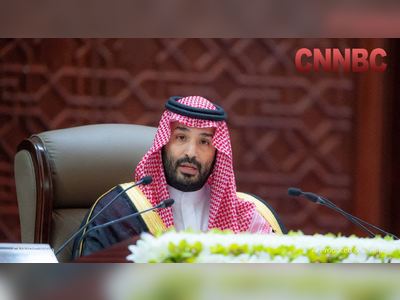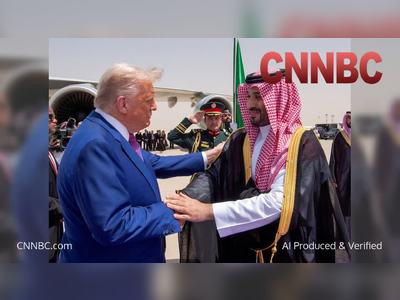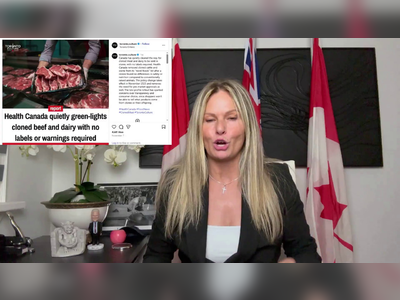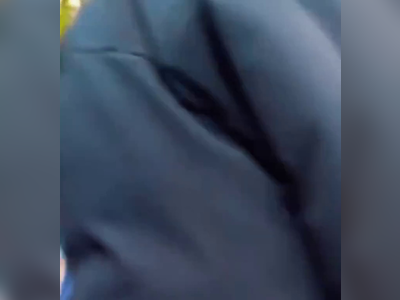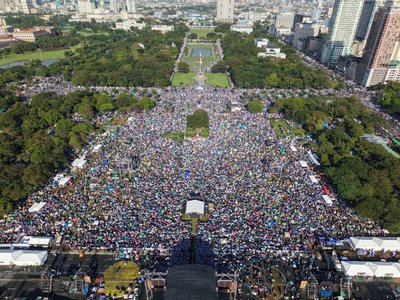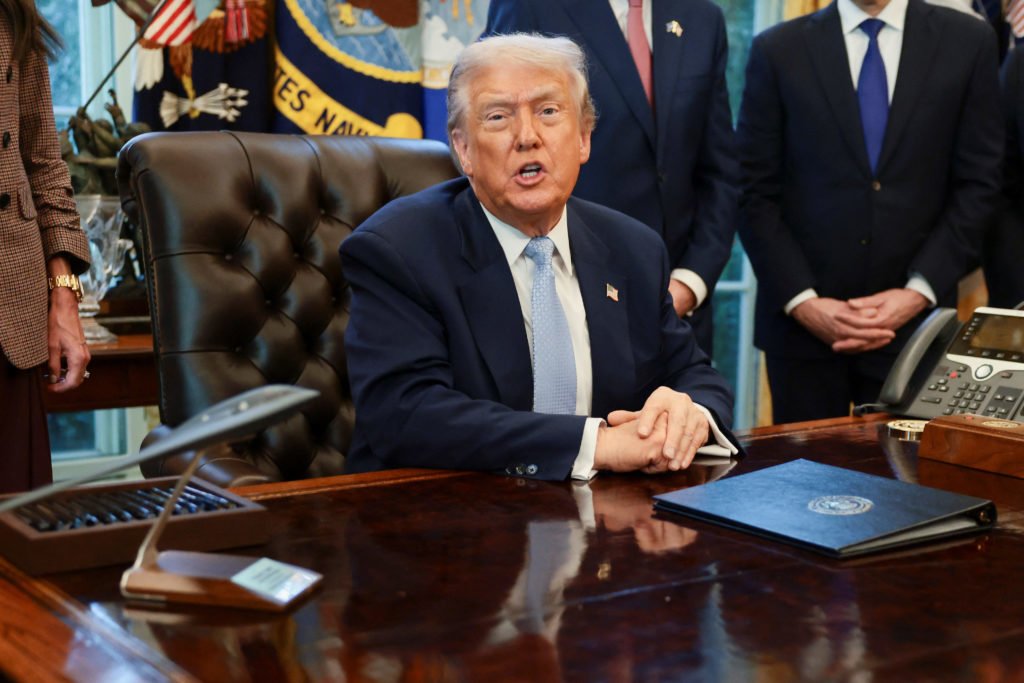
Trump Confirms U.S. Will Sell F-35 Jets to Saudi Arabia Ahead of High-Level Washington Visit
Announcement signals deepening U.S.–Saudi defense cooperation as Crown Prince Mohammed bin Salman arrives in Washington
President Donald Trump announced on November 17, 2025 that his administration will move forward with the sale of advanced F-35 stealth fighter jets to Saudi Arabia, marking a significant milestone in the expanding security partnership between Washington and Riyadh.
The statement came just one day before Crown Prince Mohammed bin Salman was scheduled to arrive in the United States for his first visit in more than seven years, underscoring the strategic importance of the relationship at a time of shifting regional dynamics.
Trump confirmed the decision when asked directly about the sale, emphasizing his view of Saudi Arabia as a dependable and long-standing ally.
The kingdom has sought access to the F-35 for years, and the administration’s approval signals Washington’s readiness to strengthen Saudi defensive capabilities while advancing broader U.S. diplomatic objectives in the Middle East.
The aircraft, widely regarded as one of the most advanced fighters in the world, would significantly enhance Saudi Arabia’s ability to deter regional threats, particularly from Iran.
The move aligns with the administration’s effort to build a coalition of capable regional partners and to encourage closer cooperation between Saudi Arabia and Israel.
Trump continues to promote an expansion of the Abraham Accords, expressing optimism that Saudi Arabia may join the framework during his second term.
Internal assessments, however, reflect a more cautious outlook.
Saudi officials maintain that any formal normalization with Israel would require a credible path toward Palestinian statehood, a condition Israel has firmly rejected.
In addition, U.S. defense and intelligence officials remain attentive to safeguarding F-35 technology, especially given Saudi Arabia’s deepening economic ties with China.
Those concerns previously contributed to the suspension of a similar sale to the United Arab Emirates under a different administration.
Even with these complexities, the administration’s message is clear: Washington intends to reinforce its strategic partnership with Riyadh, support the modernization of Saudi defense capabilities, and maintain U.S. leadership in shaping the region’s long-term security framework.
The statement came just one day before Crown Prince Mohammed bin Salman was scheduled to arrive in the United States for his first visit in more than seven years, underscoring the strategic importance of the relationship at a time of shifting regional dynamics.
Trump confirmed the decision when asked directly about the sale, emphasizing his view of Saudi Arabia as a dependable and long-standing ally.
The kingdom has sought access to the F-35 for years, and the administration’s approval signals Washington’s readiness to strengthen Saudi defensive capabilities while advancing broader U.S. diplomatic objectives in the Middle East.
The aircraft, widely regarded as one of the most advanced fighters in the world, would significantly enhance Saudi Arabia’s ability to deter regional threats, particularly from Iran.
The move aligns with the administration’s effort to build a coalition of capable regional partners and to encourage closer cooperation between Saudi Arabia and Israel.
Trump continues to promote an expansion of the Abraham Accords, expressing optimism that Saudi Arabia may join the framework during his second term.
Internal assessments, however, reflect a more cautious outlook.
Saudi officials maintain that any formal normalization with Israel would require a credible path toward Palestinian statehood, a condition Israel has firmly rejected.
In addition, U.S. defense and intelligence officials remain attentive to safeguarding F-35 technology, especially given Saudi Arabia’s deepening economic ties with China.
Those concerns previously contributed to the suspension of a similar sale to the United Arab Emirates under a different administration.
Even with these complexities, the administration’s message is clear: Washington intends to reinforce its strategic partnership with Riyadh, support the modernization of Saudi defense capabilities, and maintain U.S. leadership in shaping the region’s long-term security framework.


